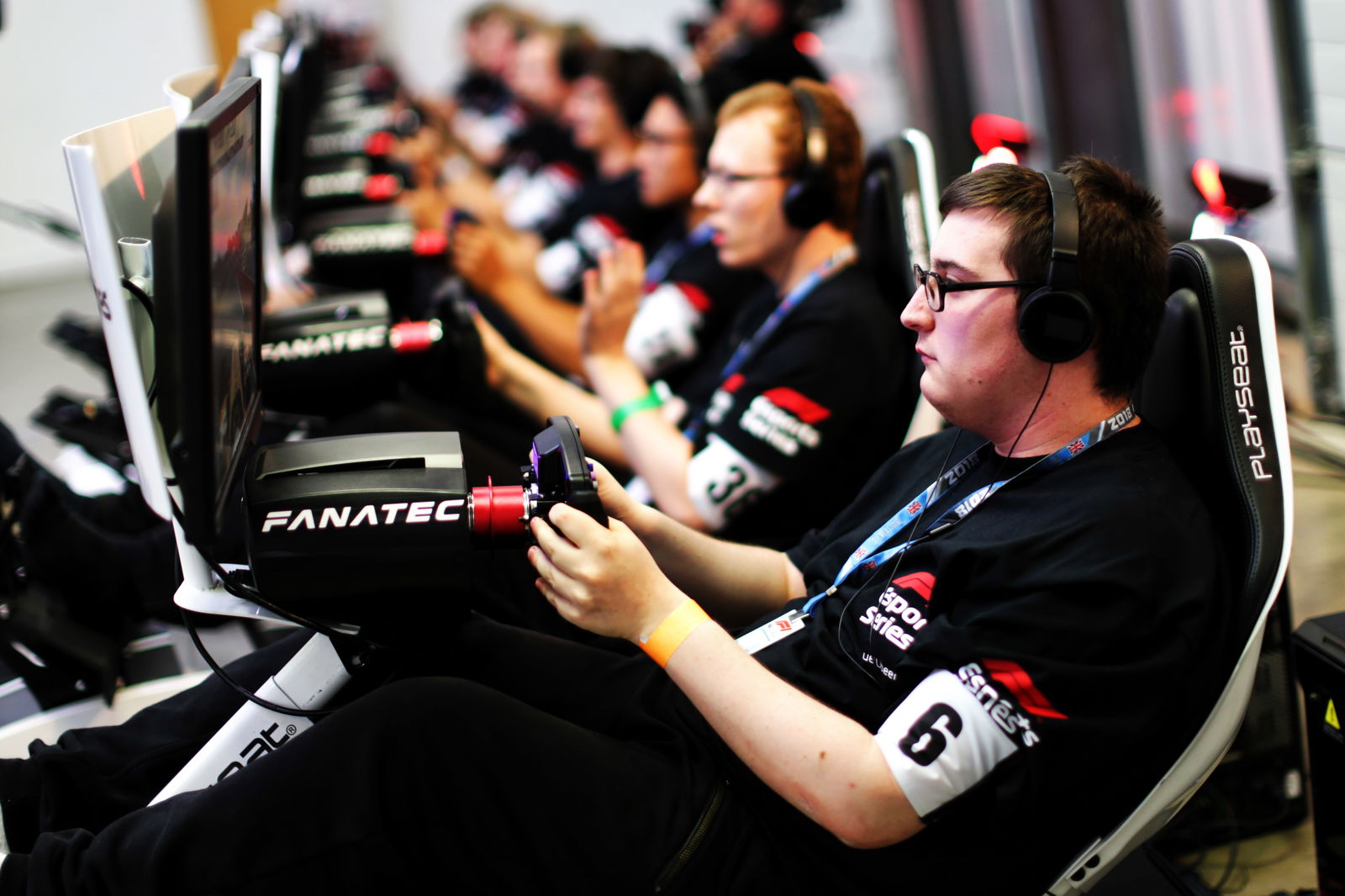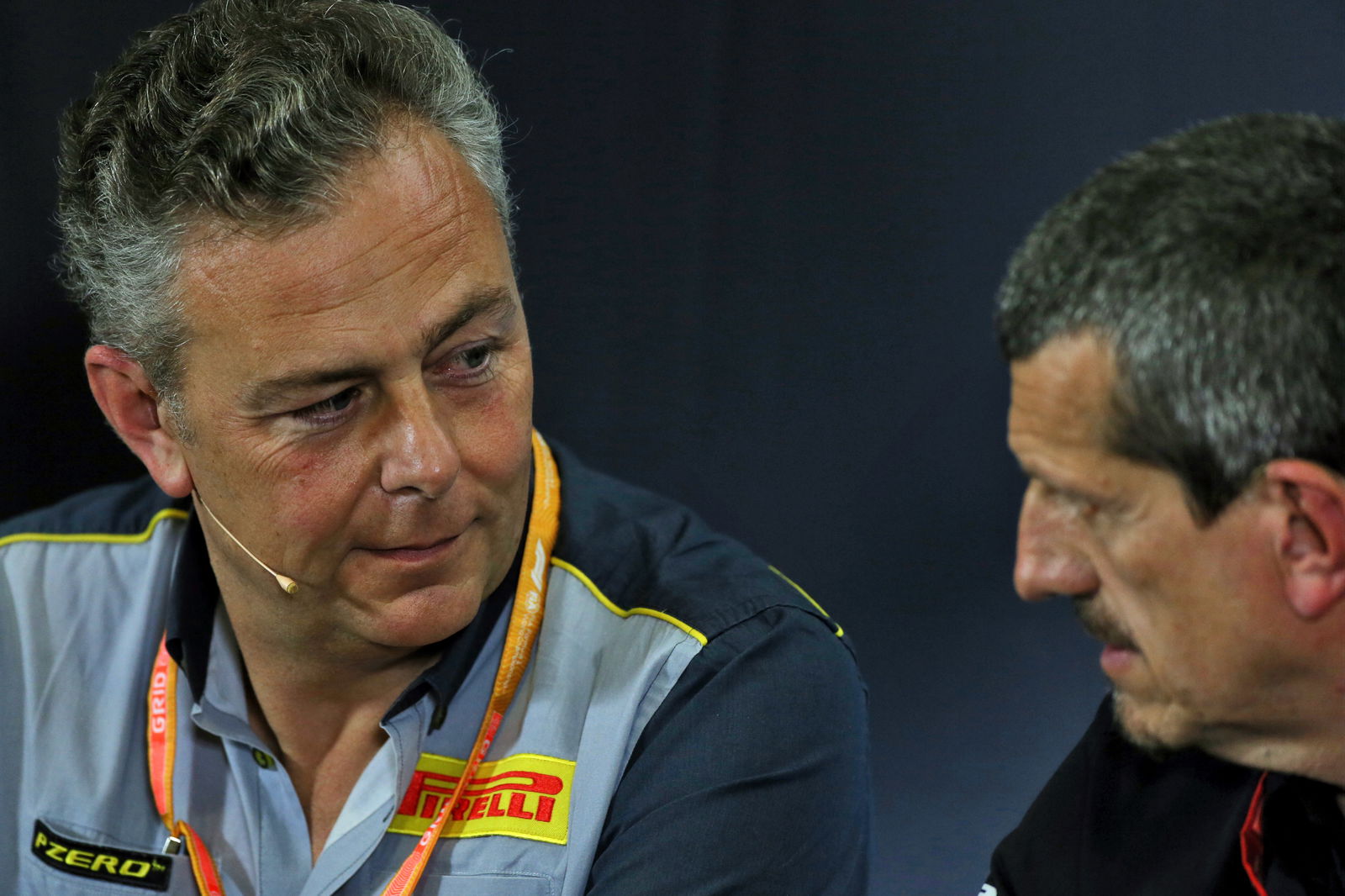F1 must adapt amid manufacturers struggles
Formula 1 chief technical officer Pat Symonds has opened up on the fightback from leading teams about the planned 2021 rules shake-up but underlined the need for change to keep the sport healthy and attractive to both existing and new fans.
With F1 preparing for its biggest rules overhaul in over a decade next year, Symonds accepts the early difficulties with the top teams had been expected given their ongoing success plus the significant investment required to adjust to the new rules.

Formula 1 chief technical officer Pat Symonds has opened up on the fightback from leading teams about the planned 2021 rules shake-up but underlined the need for change to keep the sport healthy and attractive to both existing and new fans.
With F1 preparing for its biggest rules overhaul in over a decade next year, Symonds accepts the early difficulties with the top teams had been expected given their ongoing success plus the significant investment required to adjust to the new rules.
But Symonds says the changes became essential when it was clear F1 began to move towards being unsustainable in the long term and with the car manufacturing industry “in trouble” the pressure grew on forging out a rules overhaul.
Headlining the 2021 changes is an F1 team budget cap of $175 million per season, with the exclusion of certain elements such as driver salaries and marketing costs, plus the technical tweaks aimed to provide closer and more exciting racing.
“Successful people tend to welcome change and deal with change a lot better than others. With the teams, it’s a little bit different because you’ve got to remember the huge investment involved as well,” Symonds said at the Autosport International show on Thursday.
“When we were working on the 2021 regulations, I have to say that those at the front were more resistant, and those at the back were less resistant – well, not less resistant, they were fully supportive. I think that’s only natural. But what we’ve got to do is make it a viable business. It’s not a sustainable business at the moment.
“It’s very healthy, but it won’t stay that long. The car manufacturers are in trouble, they’re not selling cars, they’re spending a fortune on electrification and things like this.
“We need to protect the future of the sport, and we will only protect that by making it more attractive, particularly to the younger audiences. And that will involve levels of change.”

